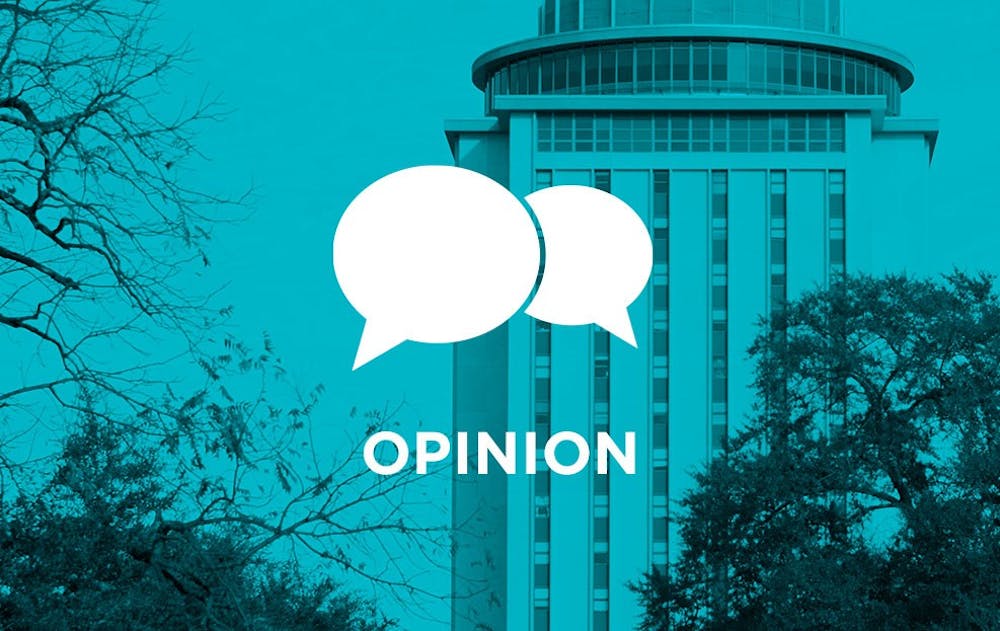This letter is a response to the column "Don't let Gary Johnson and Jill Stein debate" that ran on Sept. 15.
I’ll start off by saying that I share the view that Gary Johnson and Jill Stein shouldn't be allowed to the debates. However, I have a fundamental disagreement about why third parties have failed to gain prominence in the United States. In the article, it’s stated that the obscurity of third parties and their candidates is due to the fact that the political views of the American people can be cleanly cut into two groups, Republicans and Democrats, and therefore any need for a third party is negated.
A political climate where party outsiders are thriving and in which an increasing number of voters are registering as independents would say otherwise. The failure of third parties isn’t due to a national disinterest. It’s due to the failure of the United States government to secure an environment that allows political diversity.
The factors that create the two-party system are too complex to rundown in a 300-word editorial. In an effort to summarize the issue, the American duopoly is in part caused by first-past-the-post voting, the electoral college, single-member district plurality systems and (as briefly mentioned in the article) restrictive ballot access. Any vote for a third party is a vote taken away from the main party candidate that identifies the most with the voter’s interest. American voters are aware of this and are likely to use this knowledge in the polls and voting booths. I agree that presidential candidates who don’t have any chance of winning shouldn’t be allowed onto the debate stage. However, implying that the two main parties have a stranglehold on politics because of the apathy of the average voter ignores the complexities that create the two party system and is an insult to the American people.

